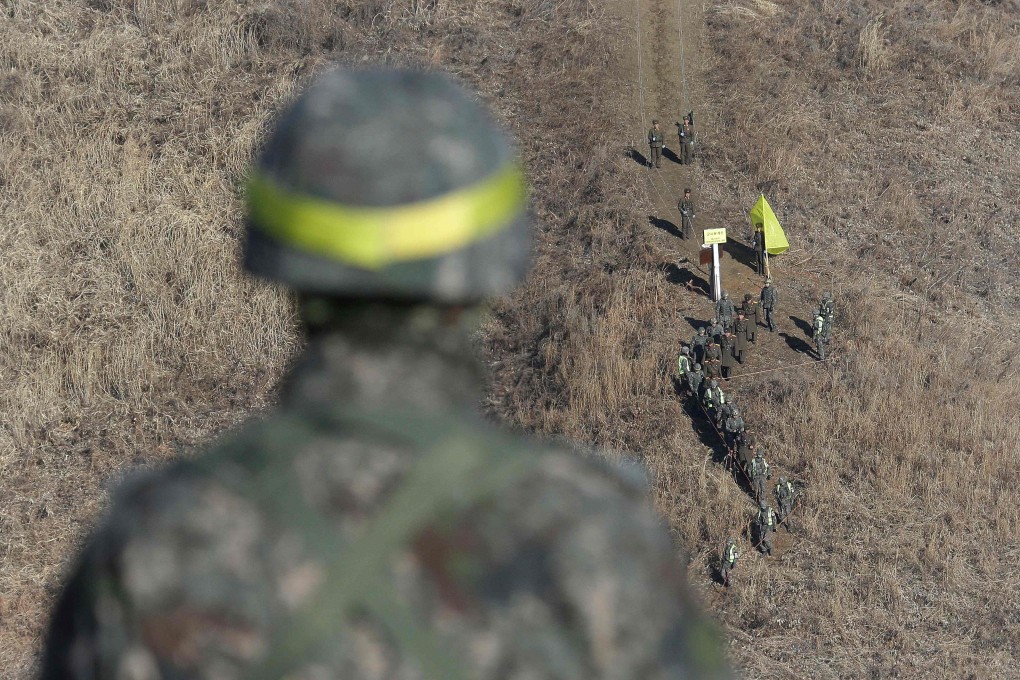Letters | Security crisis on the Korean peninsula cannot be resolved without a peace treaty
- Keeping the status quo of a deadlock is neither effective nor conscionable, given the wishes of the Korean people themselves to reconcile

Yet anyone can see that this is an extremely dangerous situation. In the decades that successive US administrations have failed to resolve the security crisis on the Korean peninsula, North Korea has built up its nuclear arsenal. Its long-range missiles are now thought to be capable of reaching anywhere in the United States.
Without a peace agreement, renewed conflict could break out at any time. In fact, the US came dangerously close to war with North Korea in 2017, according to former US president Donald Trump. Such a war would be catastrophic, especially if nuclear weapons were used.
Rather than demand that North Korea give up its nuclear weapons or improve its human rights record as a precondition to peace – a strategy that North Korea has repeatedly rejected – the US should pursue a peace agreement to build trust and lay the foundation for making progress on those issues.